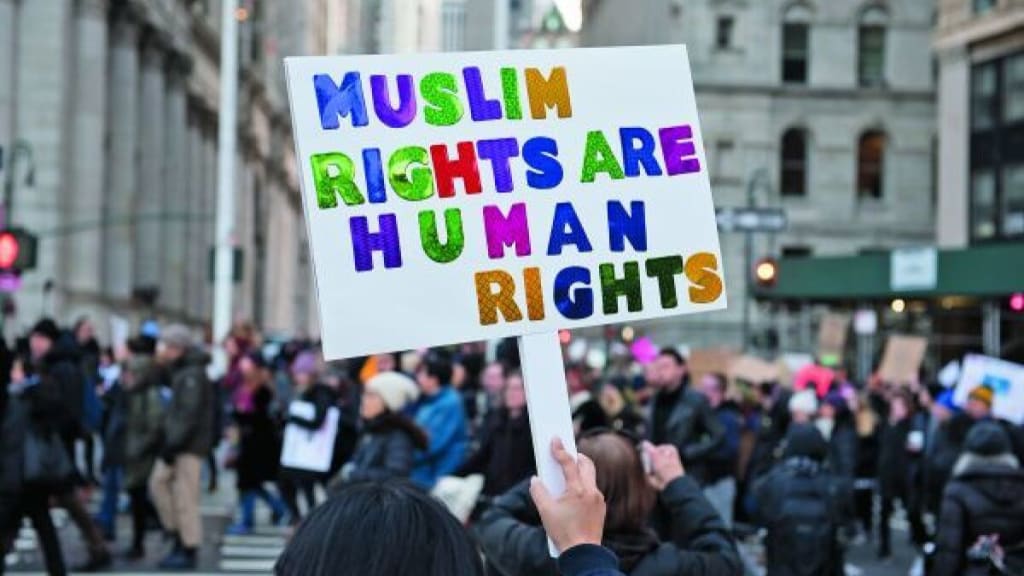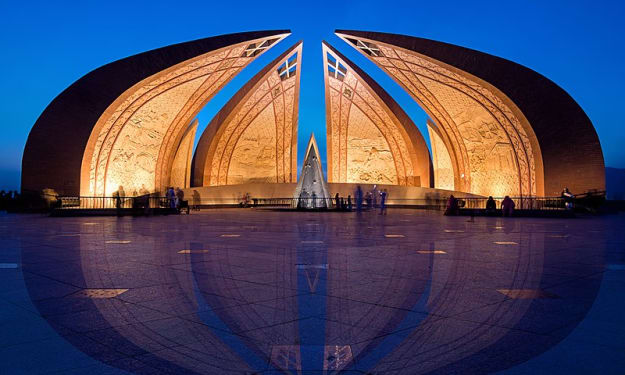
Islamophobia is the fear, hatred, or prejudice against the Islamic faith or its followers. It is a term that has gained traction over the last few decades, particularly in the aftermath of the 9/11 attacks in the United States. Since then, Muslims across the world have been subjected to discrimination, bigotry, and violence. Islamophobia is a global problem, and it affects Muslims in almost every country. In this article, we will discuss the causes and consequences of Islamophobia, as well as ways to combat it.
The causes of Islamophobia are many and varied. Firstly, the media plays a significant role in shaping people's perceptions of Muslims. News outlets tend to focus on negative stories about Muslims, portraying them as violent, intolerant, and backward. This has led to the widespread belief that Islam is a violent and aggressive religion, and that all Muslims are potential terrorists. Such narratives are harmful because they fuel fear and hatred towards Muslims and create a climate of suspicion and mistrust.
Secondly, political leaders have also contributed to the rise of Islamophobia. In many countries, right-wing politicians have used anti-Muslim rhetoric to gain political power. They spread the idea that Muslims are a threat to national security, and that their religion is incompatible with Western values. Such politicians have also introduced discriminatory policies such as banning the hijab, burqa, or niqab in public spaces. These policies have a detrimental effect on the daily lives of Muslims and create a sense of alienation.
Thirdly, terrorist attacks carried out by extremist groups claiming to act in the name of Islam have also fueled Islamophobia. Such attacks have led to a backlash against Muslims, who are often blamed for the actions of a few extremists. This has created a situation where innocent Muslims are subjected to discrimination, harassment, and even violence.
The consequences of Islamophobia are far-reaching and severe. Muslims face discrimination in almost every aspect of their lives, including employment, education, housing, and healthcare. They are often subjected to verbal and physical abuse, with many incidents going unreported. Islamophobia also has a psychological impact on Muslims, who feel stigmatized and marginalized. They feel like they are not welcome in the societies they live in, and this can lead to a sense of isolation and loneliness.
Islamophobia also has a negative impact on social cohesion. It creates a divide between Muslims and non-Muslims, which can lead to mistrust and hostility. This can have serious consequences for the well-being of societies, as it undermines the values of tolerance and respect for diversity.There are several ways to combat Islamophobia. Firstly, it is important to educate people about Islam and Muslims. This can be done through schools, universities, and community centers. By providing accurate information about Islam and Muslims, people can dispel the myths and stereotypes that fuel Islamophobia.
Secondly, media outlets should be encouraged to report on positive stories about Muslims. This can help to counter the negative narratives that dominate the media and create a more balanced and nuanced understanding of Islam and Muslims.
Thirdly, politicians should be held accountable for their rhetoric and policies. They should be encouraged to promote diversity and inclusivity rather than divisiveness and discrimination. Laws that discriminate against Muslims should be repealed, and policies that promote equality and respect for diversity should be introduced.
Lastly, civil society organizations have an important role to play in combating Islamophobia. They can provide support and assistance to Muslims who have experienced discrimination or violence. They can also advocate for policies that promote equality and respect for diversity.
In conclusion, Islamophobia is a global problem that affects Muslims in almost every country. It is caused by a combination of factors, including media narratives, political, rhetoric, and terrorist attacks. The consequences of Islamophobia are severe and far-reaching, including discrimination, abuse, and social exclusion.





Comments
There are no comments for this story
Be the first to respond and start the conversation.